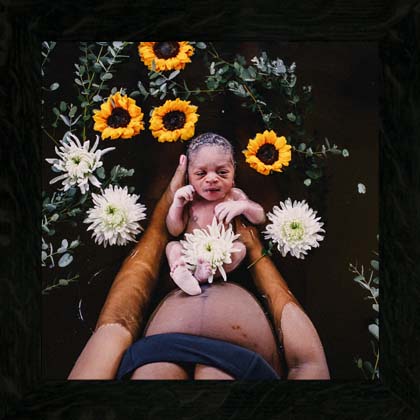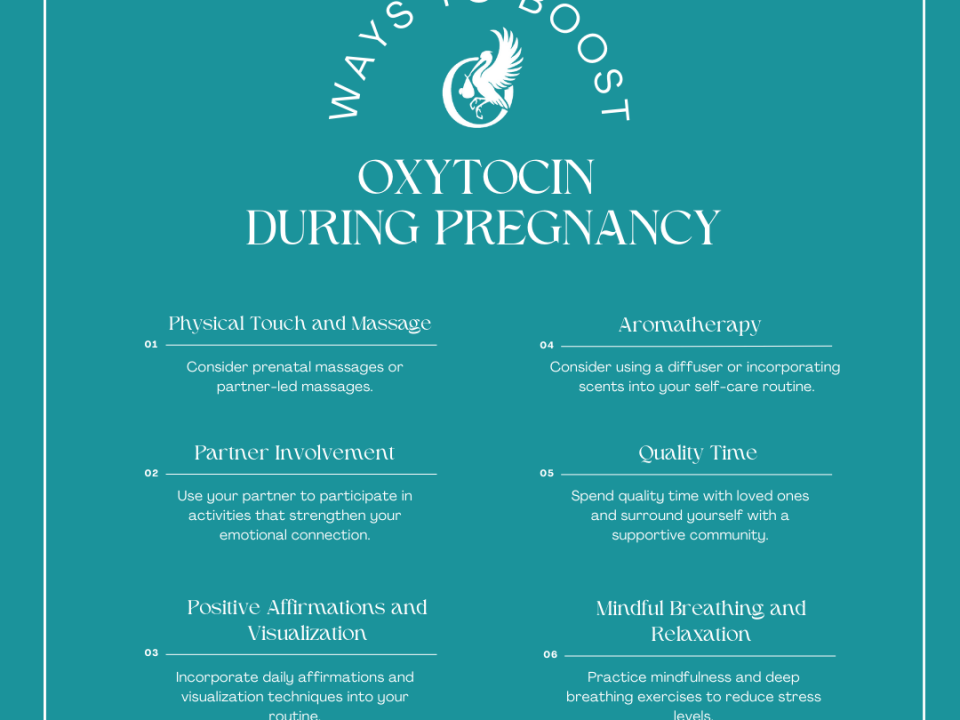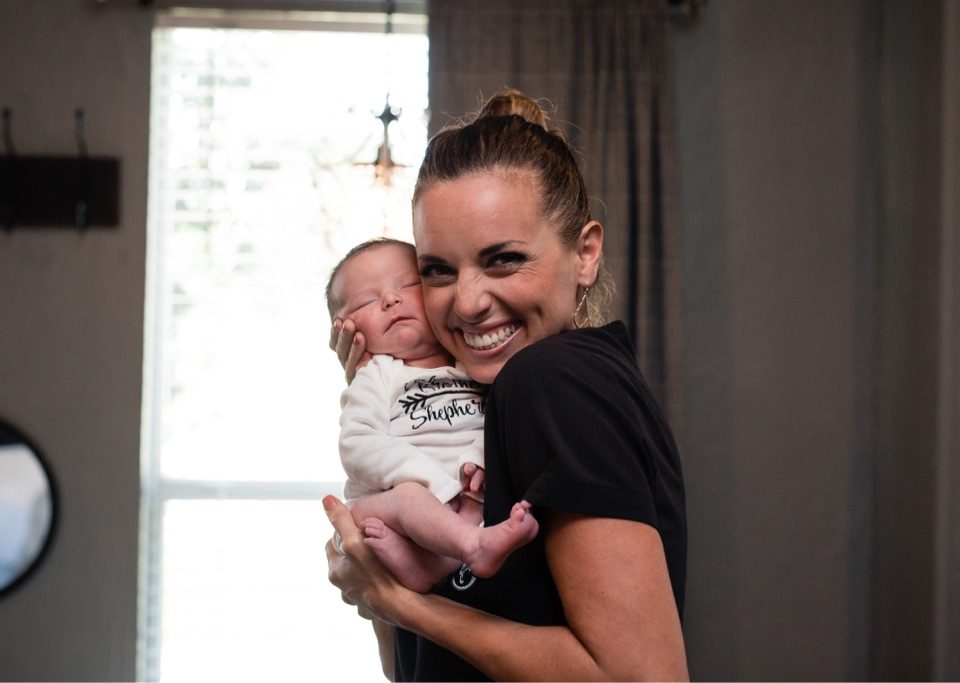Meet The Staff

Jennifer CPM, LM
My path to midwifery is a bit unique. Babies have always been a part of my life. Growing up my family provided emergency infant foster care. I can’t remember a time I wasn’t comforting tiny babies. I’m sure my own mother, a postpartum nurse, sparked that passion in me. After high school I went to college for accounting and business management. I had my second daughter in the spring of 2001 and struggled with breastfeeding while she was in the NICU. By fall of that same year I was on my way to becoming a lactation consultant. It was there while attending UCSD Extension I learned about doulas. With my daughter in tow I attended my first of many doula workshops. I supported my first birth at the beginning of 2002. I was an inpatient IBCLC for Scripps Mercy in San Diego for several years before going into private practice. While I floated to multiple floors supporting lactation patients I spent most of my time in the NICU. In 2005 I completed a midwifery internship in Tijuana. While a life changing experience, it just was not the right time in my life to pursue full time midwifery with young children at home.
In 2015 I opened one of now two operating doula agencies in Southern California along with a non-profit providing doula scholarships and lactation support. I trained birth & postpartum doulas for many years while being on several non-profit boards that supported pregnancy and birth. I was also on the advocacy board at our local naval hospital and on call for supporting stillbirths.
I worked night and day promoting evidence based practices and shared decision making but I didn’t feel like I was making enough of a difference. The care I was seeing didn’t feel right. I understood why providers were rushed but at the same time there was no personalized care and birth trauma was on the rise. I knew then it was time to go back to my dreams of midwifery. I was accepted into a traditional midwifery school in 2018 and moved my family from Joshua Tree, CA to Dallas, TX June of 2019 to finish my clinical skills. I was blessed to have an incredible apprenticeship and mentors not to mention the best clients! I fell in love with Origins from day one. It has been a dream come true to work alongside such talented midwives while having access to consulting obstetricians, pediatricians, nurse practitioners, and a NICU team.
My own births were all different and special in their own ways. I had a healthy mix of OB and midwifery care. Midwifery care to me has always been about a trusting relationship. My clients trust my recommendations and I trust their decisions. I love learning about their families and parenting styles, it’s so much more than just birth.
In my free time I enjoy spending time with my own family. I have 5 beautiful daughters and a grandson (born at Origins!). Sundays are my favorite attending The Avenue of Waxahachie, a delicious brunch and finding new goodies at the Dallas Farmers Market. I love traveling anywhere with a tropical beach and enjoy taking cruises!

Elizabeth CPM, LM
After struggling with some fertility issues I was finally pregnant with my first daughter. My first daughter was born in the hospital with the full set of hospital interventions ending in a cesarean. I left that birth feeling let down and defeated by the system. I knew that I wanted to support women in some way, I just wasn’t sure what that path was. Not too long after my first daughter’s birth I was surprised to find that I was pregnant with my second daughter. I knew I did not want to be a part of the same system this time.
I found a local midwife who was willing to attend my pregnancy and birth. With my midwife I was able to process what happened to me with my first daughter and she worked to empower me. With her support, I was able to have a successful VBAC at home. It was this experience that solidified my path in midwifery. In 2015 I started my midwifery internship and in 2020 I completed my academic training with the Association of Texas Midwives Midwifery Training Program and became licensed.
I am married to my biggest supporter and together we have 4 beautiful daughters!
It has been an honor to help new families grow and empower pregnant women to have the births they desire.

Ashlyn APRN, CNM
My mom loves to tell the story about how my first word was "baby!" and that she knew all along that “catching” babies was the calling on my life! I have been in love with birth and the miraculous process of pregnancy for as long as I can remember. I was inspired to become a midwife after shadowing a Nurse Midwife in my hometown of McKinney, TX in high school. That interaction with her would shape my career path and life forever. I went on to complete my Bachelor of Nursing degree at Texas A&M University Health Sciences Center. After graduating I began to work with local birthing centers in the DFW area. I also served as a doula and supported women in the home, birth center, and hospital settings for years. I went back to complete my Master of Science in Nursing at Texas Tech University Health Sciences Center to become a Certified Nurse Midwife.
In the midst of pursuing birth work as a career, I have also given birth to two daughters, both water births in birthing centers. My husband and I love to go on long walks with our girls, play at local parks and try new things in and around Dallas. I'm so excited to be a part of the Origins Team, and can’t wait to meet you and care for you during pregnancy, labor, birth, and beyond!

Chrissy APRN, WHNP-BC
My passion for healing began in 2009 when I started my medical career in Aeromedical Evacuation Rescue with the United States Air Force. That passion grew further during my experiences in critical care and trauma within diverse clinical environments. Through change and growth, life brought me to Texas where I earned a Bachelor of Science in Nursing degree through the University of Texas. The intensity of my previous experiences led me to the ICU in Dallas County’s largest hospital. Through my journey working as a Registered Nurse in the ICU, I knew God was calling me for something more. I discovered an incredible path in women’s healthcare and learned everything I could in Women’s Emergency Services. Influencing and caring for women holistically on a deeper level provided both my patients and me an experience that could never be matched. I felt I had more to learn and my desire to provide a more extensive level of care, led me to complete my Master of Science in Nursing -Women’s Health Nurse Practitioner degree, at the University of Cincinnati. My passion for empowering women continues to gain strength and understanding. I strive to give the choice to women in their own healthcare needs through holistic and comprehensive collaboration. I was blessed enough to deliver our second daughter in 2017 through Origins with three amazing midwives, after a very traumatizing first birth experience 12 years prior. The genuine love and personalized care I received changed my life forever. I knew my calling was to give that feeling back to other women. God created the experience I had prayed for, in all it’s turns and surprises, leading me full circle back to my Origins family, now getting to serve women beside the women I already loved so much.
With the support of my husband and two precious daughters, I’m able to live my dream of pursuing everything that women’s healthcare has to offer. There are no limits to what we can achieve in our industry, continuing to better health care practices and autonomy for each individual woman. “Every part of you is so beautiful, my darling. Perfect is your beauty, without flaw within” ~Song of Songs 4:7
FAQ
- Babies navigate the birth canal on their own – no pulling or tugging on their head and then waiting for natural rotation
- Their first touch should be from the hands of those who love them
- Their first sounds should be from the voices of those who love them
- Leaving the cord intact so baby can be sustained with oxygenated blood during the transition to breathing on their own
- Continuous skin-to-skin contact with mama
- Baby-led breastfeeding – babies left in peace to find mama’s nipple and latch on, finishing the rotations of birth and breastfeeding.
- Treat all babies gently, with dignity and respect























